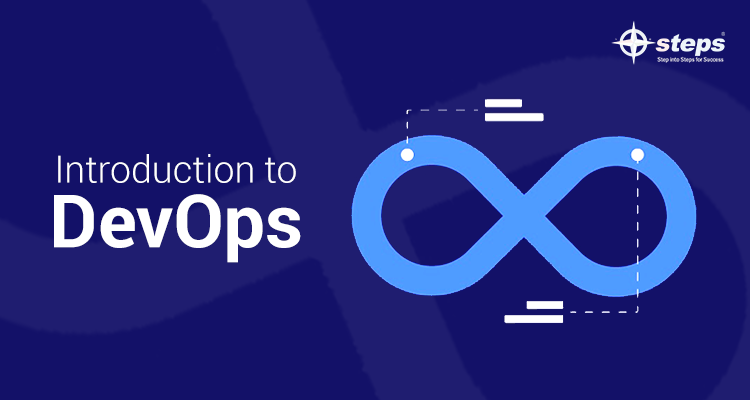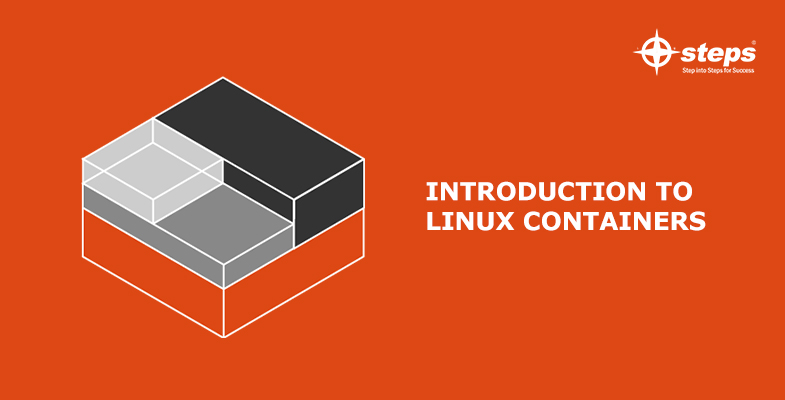INTRODUCTION TO DEVOPS

DevOps is a software engineering methodology that unifies the development and operations team, under an umbrella of tools to automate every stage. The DevOps model automates the service management for the support of operational objectives and improves understanding of the layers in the production environment stack.
Benefits of DevOps
• Speed : DevOps models let you move at the velocity you need to innovate faster, adapt to changing markets better, and become more efficient at driving business results.
• Rapid delivery : When you increase the pace of releases, you can improve your product faster and build competitive advantage.
• Reliability : DevOps models like continuous integration and continuous delivery (CI/CD) can ensure the quality of updates and infrastructure changes so you can reliably deliver at a more rapid pace while maintaining best experience for users.
• Improved collaboration : Under a DevOps model, developers and operations teams collaborate closely, share responsibilities, and combine their workflows. This reduces inefficiencies and saves time.
• Security : You can adopt a DevOps approach without sacrificing security by using automated, integrated security testing tools.
Why DevOps Teams Choose Linux

Linux provides the DevOps team the flexibility and scalability needed to create a dynamic development process. You can set it up any way that suits your needs. Some advantages of Linux are given below
Linux has become ubiquitous
Since its introduction, Linux has risen rapidly. Today, majority of the consumer technologies run on Linux-powered systems. From mobile devices, cloud computing servers, social media networks, even advanced Artificial Intelligence (AI) and Internet of Things (IoT) systems rely on Linux.
Linux is Part and Parcel of a DevOps Team Linux is the major component of enterprise IT systems. Knowing how to configure the Linux environment itself and associated networking connectivity will minimize obstacles during the application development process. An engineer can easily meet the efficiency demands of DevOps if they are familiar with Linux.
Linux is Highly Customizable
Linux can be installed and configured on any device. This flexibility makes it perfect for the high-dynamicity demands of the DevOps practice. Application deployment pipelines are often based on Linux these days, so its easier to test applications if your native machine is also running Linux.
Linux Scales Well
Software solutions that scale up (or down) without any changes in underlying infrastructure are the Holy Grail for solution architects and clients. The Linux kernel is capable to process large amounts of data and can easily be configured to add processing power, storage capacity, etc.
DevOps aims to shorten the system’s development life cycle and provide high-quality software delivery on a continuous basis. The entire process can be well understood systematically through various RHCE courses in Kochi. Your knowledge and ideas could easily be enhanced with the right solutions. Dive more and explore all the possibilities with RHCE training in Kochi. Start building your path now.



